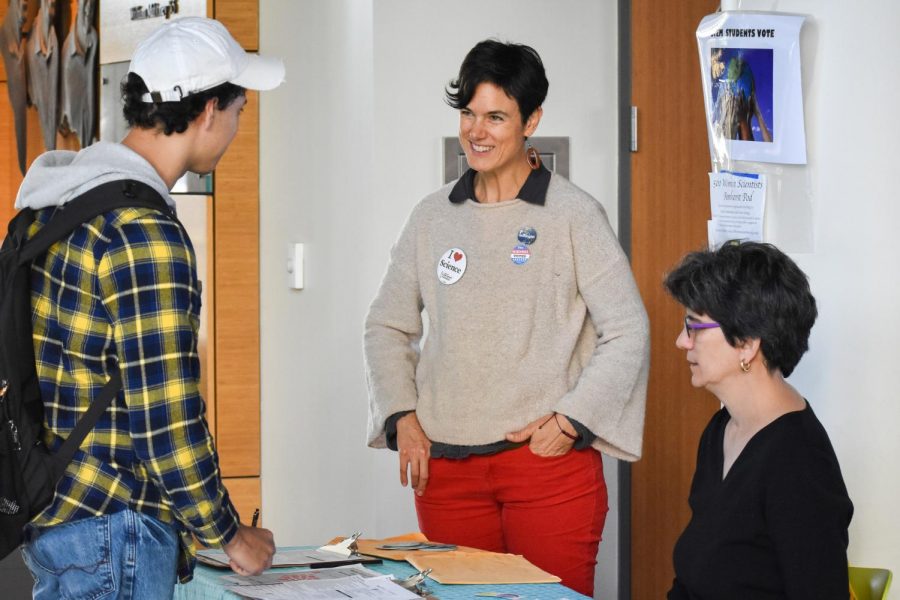“Have you registered to vote?”
This question seems to be everywhere these last few weeks. It’s easy to register at the University of Massachusetts: the tables are out every few days and student volunteers accost you at the dining halls or even on your way to the library. But often, the challenges that students face when trying to vote deter them from voting entirely.
I recently sent in my application for an absentee ballot. I put it off for too long out of sheer laziness. I simply didn’t want to go to the library to print out the two sheets of paper. When I finally got around to it, I jumped through hoops and spent two days trying to buy envelopes and stamps. I missed the bus to Walmart, at which point I figured out that the UMass Store sells both stamps and envelopes. Freshman problems, am I right? So I walked over to the Campus Center and bought my paper goods. As I left the UMass Store, I saw a table full of absentee ballots. They were mailing them in for free. There goes $12. I was frustrated with myself for wasting my money and frustrated with the whole situation in general. My story is more a tale of my own incompetence, but it highlights how difficult the voter registration process can be. This in turn points to a larger problem, the difficulty with the process of casting your ballot.
Historically, people between the ages of 18 and 24 have some of the lowest voter turnouts. This is due to a number of factors, including lack of knowledge about the voting system, inability to get to the polls and possibly the largest factor, the feeling that your vote doesn’t matter. This stereotypical youth voter apathy rises to the surface, and young people continue to feel disproportionately disconnected from the political world.
They shouldn’t.
Young voters account for a significant portion of eligible voters, and that number continues to rise. However, older Americans are more likely to vote. This means that they are more likely to sway elections. Now more than ever it is important to get to the polls and cast your vote. If you feel strongly enough about an issue, go out and vote. Even if you don’t feel strongly about any issues, vote anyway. People seem to forget that the government is designed to work for them. If you want a say in how your country is run, make your voice heard. Those who say that individual votes don’t matter in the long run could not be more incorrect. Many elections are decided by mere hundreds of votes. In 2009, Senator Al Franken won the Minnesota race by just 312 votes in a race in which almost 3 million votes were cast.
Young people have more outlets than ever allowing them to get involved in the political scene. The culture of social media, although often highly polarizing, has been beneficial in the development of a new generation of informed youth. It’s easier than ever to be educated on issues facing society today. We have a world of information quite literally at our fingertips, so “feeling uninformed” is no longer a valid excuse for not voting. In case you haven’t already read them, here are the three questions facing voters in this year’s Massachusetts primary on Nov. 6.
Question One deals with patient limits in hospitals. Question Two proposes an amendment to the Constitution that would “limit the influence of money in elections” and restrict corporation rights. Question Three seeks to keep in place the Massachusetts law preventing discrimination on the basis of gender identity in public places. Read up on the polices surrounding these questions and get informed. No matter what side of the political spectrum you fall on, your opinion matters and should be heard.
Unfortunately, the deadline for voter registration in Massachusetts has passed as of Oct. 17. Those who registered before the deadline should fulfill their civic duty and get to the polls. Get informed and fill out your ballot on Nov. 6. But if you don’t want to cast your vote, that’s fine! Rest assured knowing that someone else who probably doesn’t share your opinion went to the polls and made their decision.
Ana Pietrewicz is a Collegian columnist and can be reached at [email protected].




















